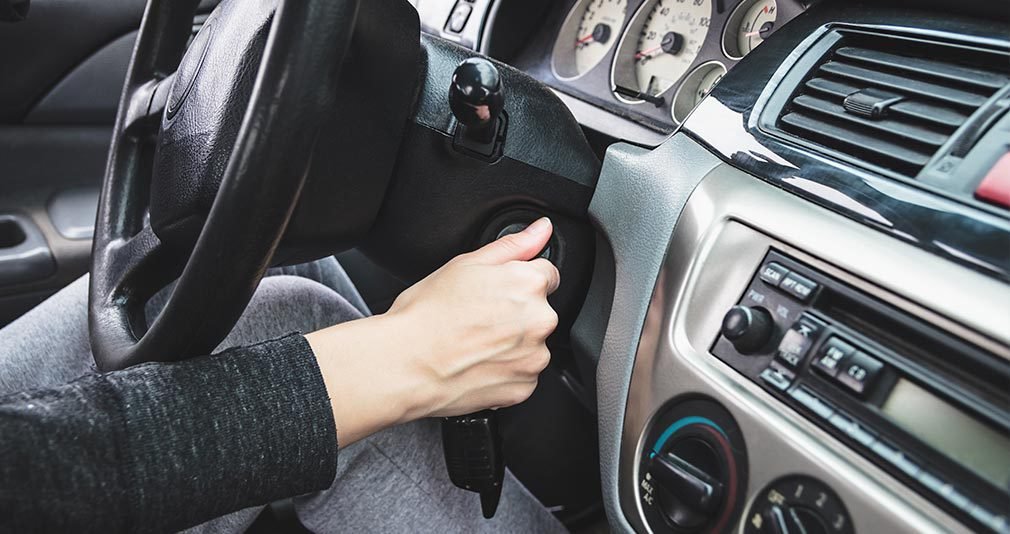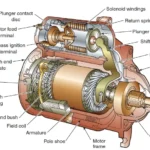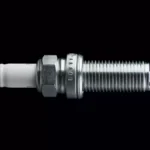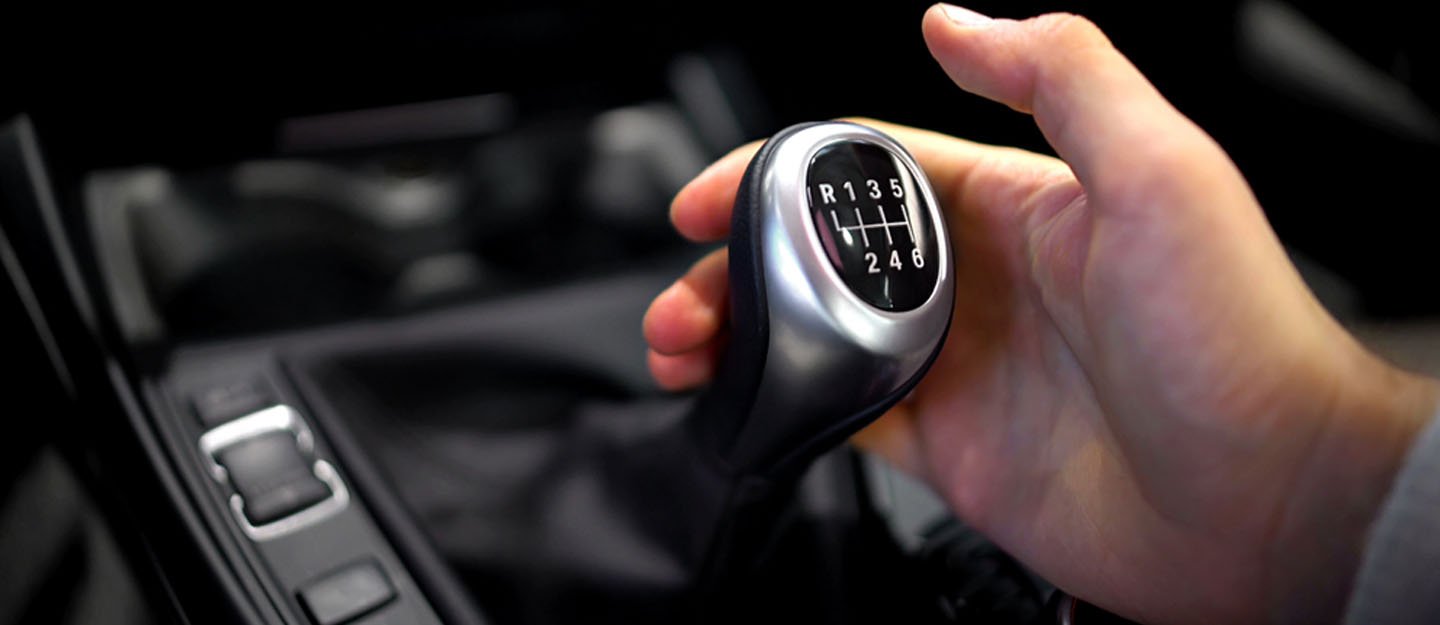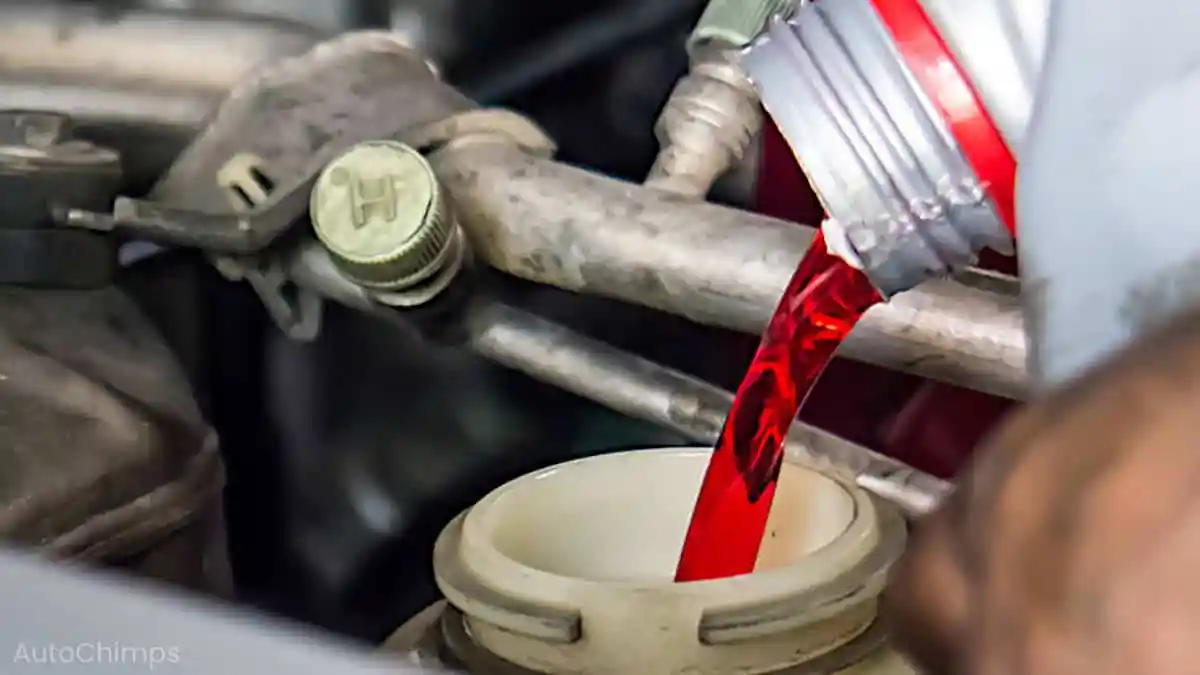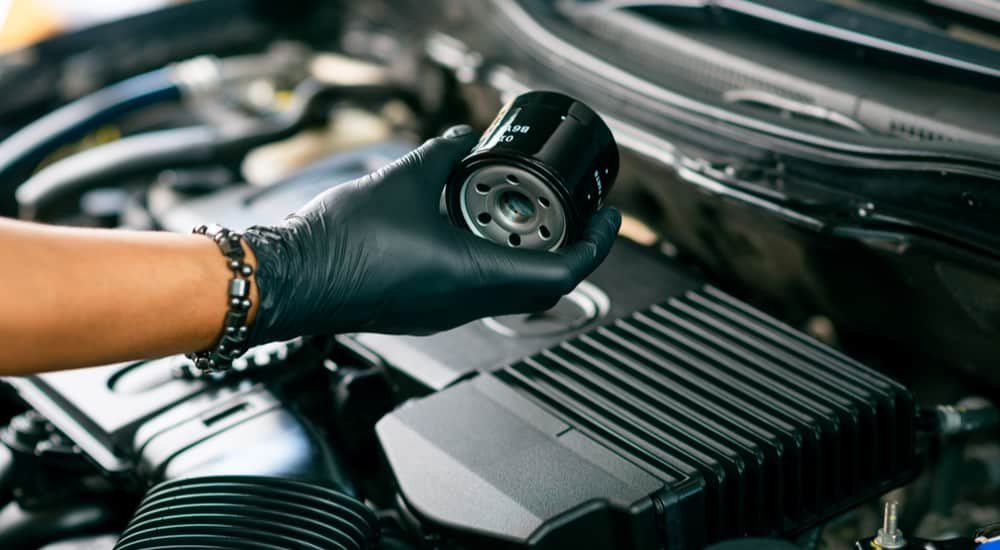Introduction
Car starters are an essential component of a vehicle’s ignition system. They are responsible for initiating the engine’s operation by cranking the internal combustion engine. However, like any mechanical device, car starters can sometimes fail or burn out. In this article, we will explore the top five reasons that can cause a car starter to burn out.
1. Electrical Overload
One of the primary reasons for car starter burnout is an electrical overload. This occurs when excessive current flows through the starter, causing it to overheat and eventually fail. Electrical overload can be caused by various factors, including a faulty alternator, a damaged battery, or a short circuit in the electrical system. Regular maintenance and inspections can help identify and address these issues before they lead to starter failure.
2. Frequent Starting
Another common cause of car starter burnout is frequent starting. Starting the engine too often within a short period can put excessive strain on the starter motor. This is particularly true for vehicles that are frequently used for short trips or stop-and-go traffic. Over time, the continuous strain can cause the starter motor to overheat and eventually burn out. If your vehicle requires frequent starts, consider giving it a few moments to rest between each ignition to reduce the strain on the starter.
3. Poor Maintenance
Inadequate maintenance is often a contributing factor in car starter burnout. Neglecting routine maintenance tasks, such as cleaning and lubricating the starter, can lead to increased friction and wear on the internal components. Over time, this can cause the starter to overheat and fail. Regular maintenance, including cleaning and lubricating the starter, can help prolong its lifespan and prevent burnout.
4. Excessive Heat
Heat is a common enemy of car starters. Continuous exposure to high temperatures, such as those found in hot climates or engine compartments, can cause the starter to overheat and eventually burn out. Additionally, heat can accelerate the deterioration of the starter’s internal components, leading to premature failure. To prevent excessive heat-related damage, ensure that your vehicle’s cooling system is functioning properly and consider using heat shields or insulating materials to protect the starter from direct heat sources.
5. Manufacturing Defects
Although rare, manufacturing defects can also contribute to car starter burnout. Faulty components, poor assembly, or substandard materials can all lead to premature failure of the starter. If your vehicle experiences starter burnout soon after purchase or installation, it may be worth investigating if there are any manufacturing defects. In such cases, contacting the manufacturer or seeking professional assistance is recommended to rectify the issue.
Conclusion
A car starter burnout can be frustrating and inconvenient, but understanding the reasons behind it can help prevent future occurrences. Electrical overload, frequent starting, poor maintenance, excessive heat, and manufacturing defects are some of the primary causes of car starter burnout. By addressing these factors and ensuring regular maintenance, you can prolong the lifespan of your car starter and avoid unexpected breakdowns.
